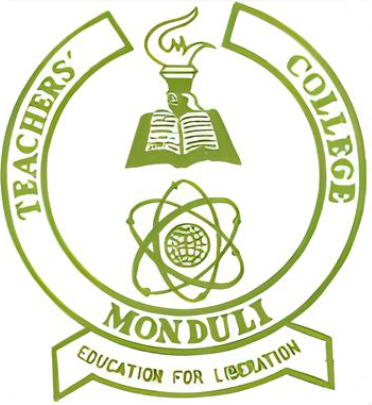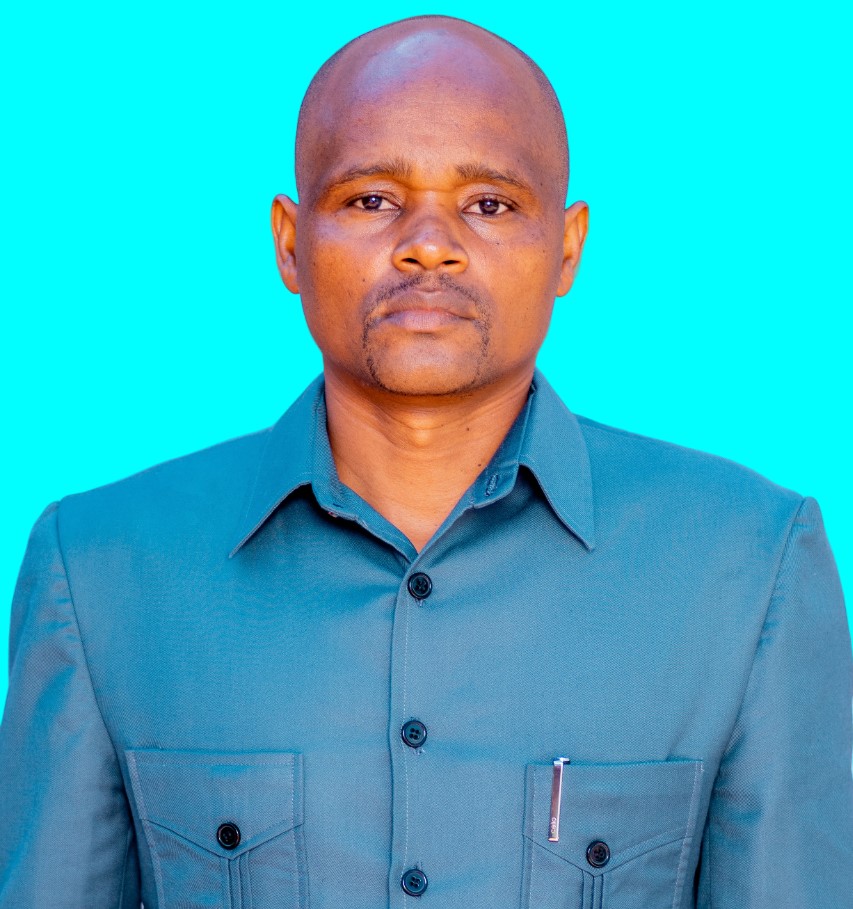
HISTORICAL BACKGROUND OF MONDULI TEACHERS' COLLEGE
Monduli Teacher’s college was established in 1971 by changing an old system Middle school to a teacher’s training college, in order to solve the problem of shortage of teachers in Maasai primary schools. Students who joined the college were primary school (standard seven) leavers who were required to complete a one-year compulsory national service training. The course duration was one year, and a grade D certificate was awarded on completion of the course. In 1975 the course duration changed to two years and a grade C certificate was awarded upon completion. Together with the grade C certificate course, in 1979 a grade III A certificate course was launched to the college. It was two years course pursued by trainees with qualification of secondary education (form four leavers). Nevertheless from 1980 to 1983, various Diploma courses were introduced to the college whereby trainees who successfully completed from six with two principal passes were allowed to pursue the course. The purpose of the diploma courses was to train secondary school teachers to teach science subjects such as Agricultural science, Home economics, Physics, Chemistry and Biology to meet the demand of science teachers in different Secondary schools. The courses aimed at training primary school teachers were terminated in 1997 and the college remained with only diploma courses. However, in 2000, the Ministry of education reintroduced the courses to train primary school teachers particularly in rural areas of the country. The courses were again terminated in 2005. In 2007 the education and Training policy introduced changes in secondary school curriculum with emphasis on teaching strategies and the use of technology in teaching. In line with that teachers’ colleges were required to incorporate the proposed skills in all the courses provided by respective colleges. In addition to the changes of 2007, the education and Training policy of 2014 introduce changes in the structure of education in Tanzania, leading to one-year pre-primary education and six years for primary education. The improved primary school curriculum allocates more time to literacy and numeracy to pupil. In response to the referred changes, teacher’s colleges were required to recruit teachers’ trainees with competence in those skills. At all times, teachers’ colleges have been vigilant to respond to various changes introduced to the education and training policy and also in the curriculum in order to produce quality and up to date teachers. Currently the College has students who are pursuing Diploma courses both in primary and secondary education, diploma in laboratory technology and certificate in primary education.
Monduli Teachers' College


